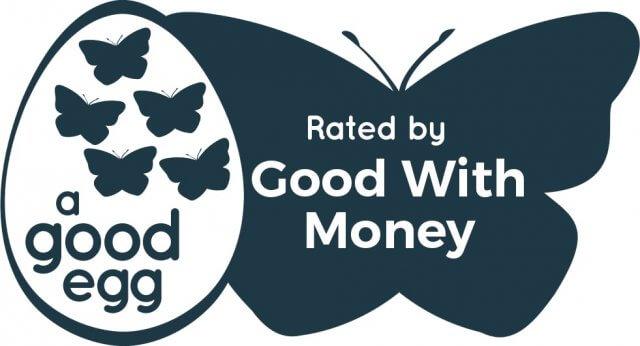More than two thirds (67 per cent) of consumers want the financial institutions they use to be more sustainable, according to new research.
However, the poll by fintech Mambu revealed that while the majority are in favour of greener financial options, consumers have “little trust” in the industry’s sustainability credentials. It showed that 67 per cent of Brits believe their current bank or financial provider is guilty of greenwashing, where they claim to be more environmentally-friendly than they are.
The research comes as Deutsche Bank faces the biggest greenwashing scandal the industry has seen after police raided its headquarters for the second time. The asset management arm of the bank is accused of mis-selling “sustainable” investment products worth $1 trillion (£790 million).
Last month HSBC was rapped by the UK advertising watchdog for misleading customers over its record on climate change, and shortly after its sustainability chief was suspended for claiming that climate change isn’t important to investors.
Sustainability scepticism
Anna Krotova, director of sustainability at Mambu, said: “Consumers are increasingly looking for ways to make greener financial decisions, but remain sceptical about how strongly banks are committed to the sustainability agenda. They want to play a more active role in making green finance the future of finance, and there’s a huge opportunity for forward-thinking players to get ahead in this transition.”
Just two in five (42 per cent) consumers said their bank or financial institution “clearly communicates” its sustainability commitments, and only 37 per cent know what climate pledges they have publicly announced or committed to.
More than half the 6,000 consumers polled would like more control over how and where their money is invested, and more than a third (34 per cent) said access to green financial services has become more important to them over the last five years.
How to separate the Good from the Greenwash
What does ‘green finance’ mean?
There is, though, still confusion around exactly what “green finance” means. More than a third (35 per cent) don’t fully understand the difference between green finance – a product that has been designed to protect the environment or to manage the impacts of finance and investments on the environment – and ethical finance, which takes into account not only financial returns but also environmental, social and governance (ESG) factors.
Just over a quarter (26 per cent) of consumers have knowingly made use of a sustainable banking product or service. Of those, the vast majority (84 per cent) were “more satisfied” with these services than traditional banking products.
When it comes to the most in-demand green financial products, 45 per cent of consumers said they wanted to see more sustainable credit and debit cards, while 42 per cent were interested in green savings accounts and bonds, 31 per cent wanted to see more green loans, and 31 per cent said they would be interested in green mortgages.

If you want to have a savings account, insurance policy, investment fund or mortgage from companies that do the right thing, check out our Good Eggs.
These are companies that have passed strict (independent) criteria to prove they make a positive impact – to the planet, society, and you.



